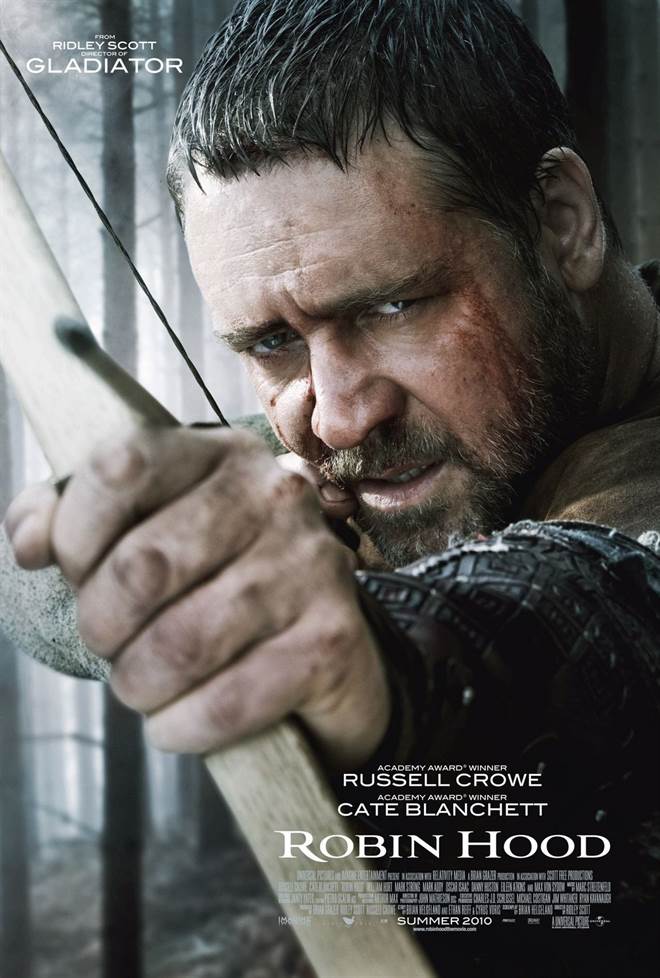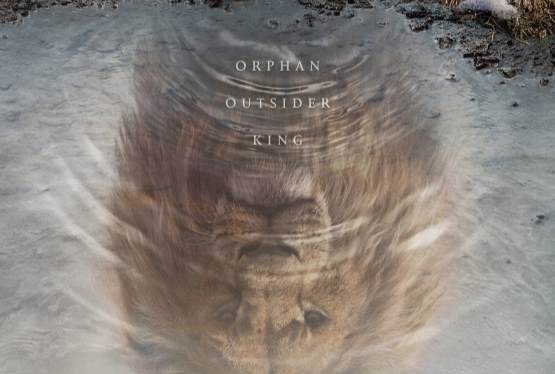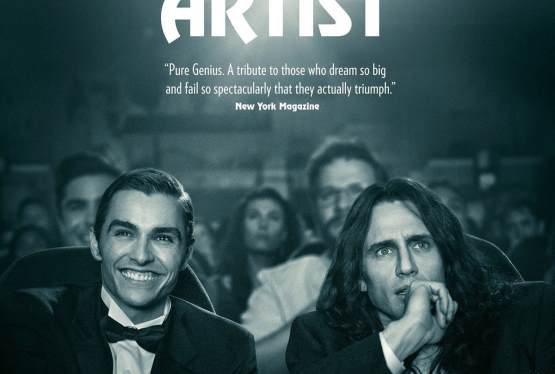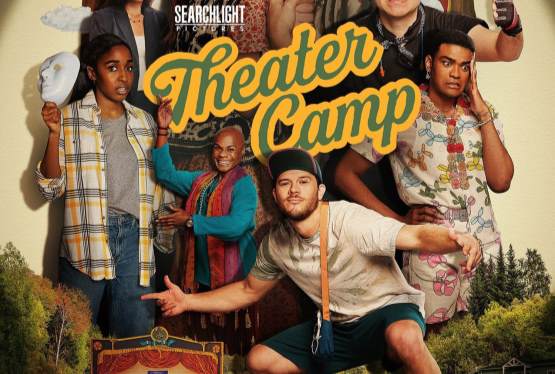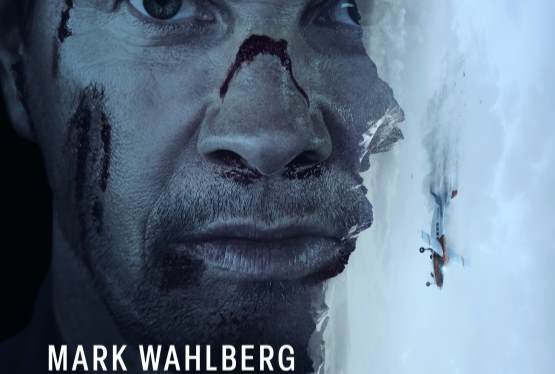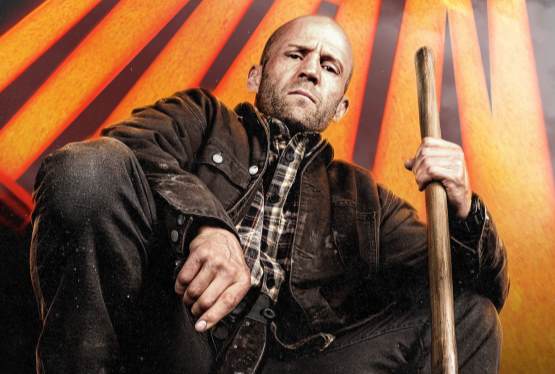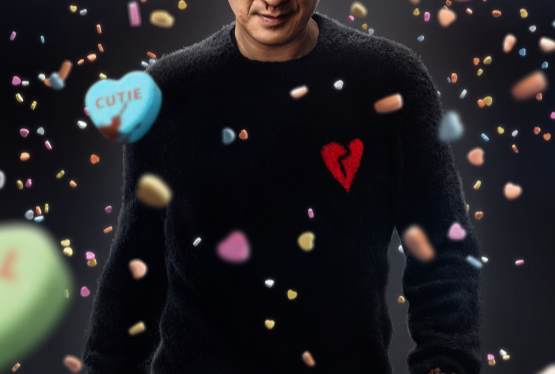We come to the big action climax. Director Ridley Scott (Gladiator, A Good Year), it seems, has learned his lesson from his previous action outing with Russell Crowe (Gladiator, A Good Year), and has placed the most visually spectacular action scene at the end of the film rather than at the beginning. The standout here is Prince John (Oscar Isaac, The Nativity Story, Che: Part One), a character with quite a few nuances, given the source material.
The "action" segment and the epilogue cover a minority of the running time, however, as the bulk of the film is devoted to Robin's journey to and subsequent life in Nottingham. The transition to the later parts feels rushed and clumsy, almost as if the story wished to dwell here a little longer. And right it should, as all of the film's gifts may be found only here in abundance.
Robin Hood in this part effortlessly combines love, play, philosophy, and war, often at the same time, and does so without asking us to accept nonsense. It prefers human to archetypal demons, and asks no more of its heroes. It enables the later part of the film to fulfill the legend without demanding that the impossible happen.
The romance of Robin and Marian is lighthearted, natural, and a pleasure to watch unfold. Marian (Cate Blanchett, The Lord of the Rings, Elizabeth) is always charming, without begging the audience, and is full of modern sensibility. This is far from being out of place; I cannot imagine how better we might see why Marian would have Robin, or vice versa. A great deal is owed to her for illuminating the Nottingham segments, and by extension the entire piece.
In one thematic sense, Robin Hood asks us to accept the inheritance of will from father to son. This is the one bit of plot glue that stretches believability. I'm open to the idea, however, that things are intended to work this way in the legendary world of Robin Hood, and even that it may be true in certain cases.

